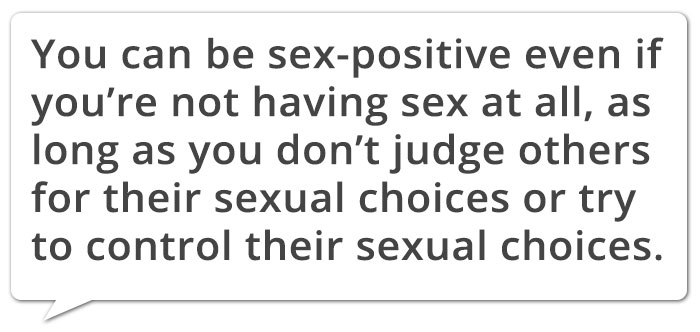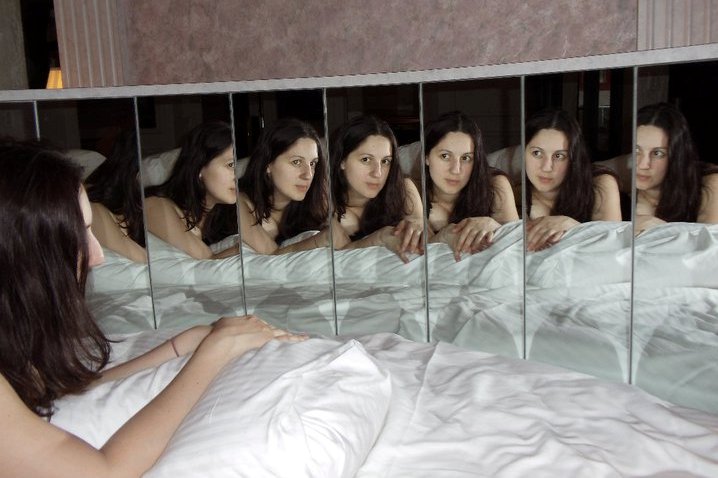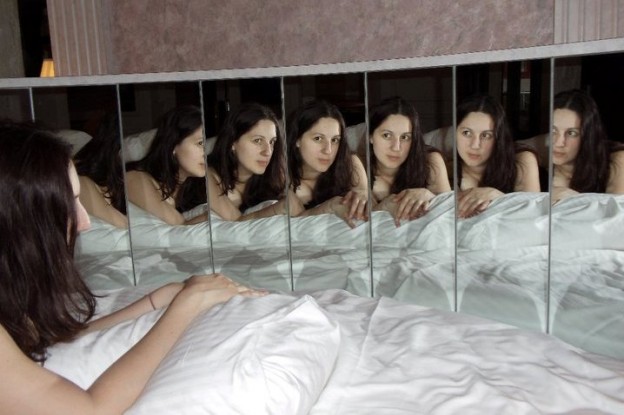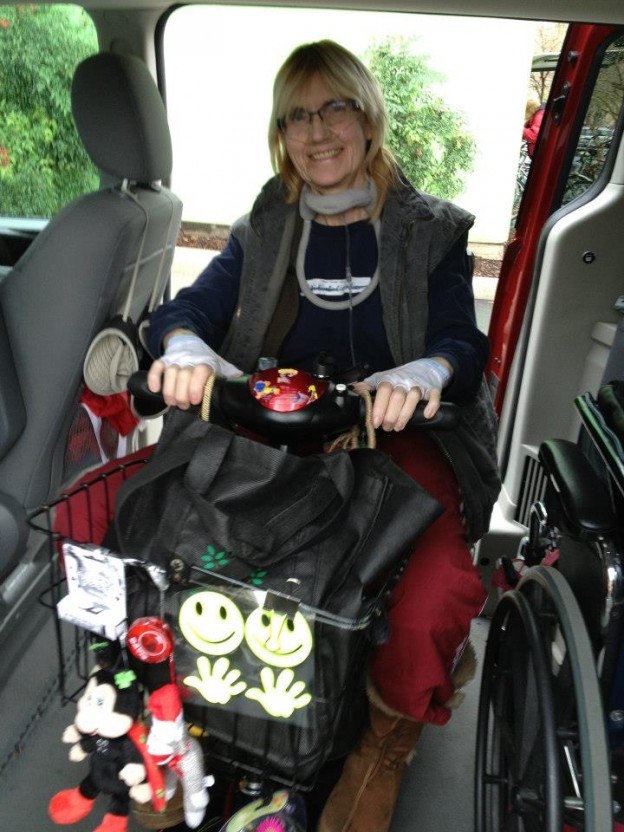For this sex positive parent, kinky sexuality does not automatically make you progressive….and feminism is not mutually exclusive from the sex positive movement. Part of her sex positivity is turning the term “slut” inside out from it’s negative accusations into an armor of choice.
Abby Rose Dalto is a freelance writer, editor and social media consultant. She is the author of two books and numerous articles on a variety of subjects. Abby is co-Founder of ESC Forever Media and co-Founder/Executive Editor of the blog Evil Slutopia, where she writes about pop culture, politics, relationships, feminism, sex and more under the pseudonym “Lilith”.
1) Identify one or two trends, or influential people in the Sex Positive community that you identify with (or are inspired by) and those trends which you relate to not-so-much.
 A trend I’ve seen lately that I just love is the inclusion of asexuality, “vanilla” sexuality and monogamy into the realm of sex positivity. I don’t think this is something new, but it has definitely been overlooked in the past. So it’s nice whenever I see people who understand that there is a difference between being sex positive and being kink-friendly or polyamorous. It should be common sense, but too often I hear the terms used synonymously and it can be alienating to those who don’t identify as such. We need to stop with the idea that poly relationships are more evolved than monogamous ones or that if you’re not into BDSM or kink it’s because you’re just afraid or too uptight.
A trend I’ve seen lately that I just love is the inclusion of asexuality, “vanilla” sexuality and monogamy into the realm of sex positivity. I don’t think this is something new, but it has definitely been overlooked in the past. So it’s nice whenever I see people who understand that there is a difference between being sex positive and being kink-friendly or polyamorous. It should be common sense, but too often I hear the terms used synonymously and it can be alienating to those who don’t identify as such. We need to stop with the idea that poly relationships are more evolved than monogamous ones or that if you’re not into BDSM or kink it’s because you’re just afraid or too uptight.
There are so many different ways to express your sexuality and they’re all valid as long as everyone involved is consenting.
A trend that frustrates me is the idea that feminism and sex positivity are contradictory or that they’re even ideologically different. Feminism has so many negative connotations that a lot of women are afraid to identify as feminists, but if you believe in gender equality then, in my opinion, you’re a feminist no matter what you call yourself.
I view feminism in the same way that I view sex positivity; it’s about equality, freedom, choice and acceptance. So it annoys me when people act like “sex positive feminist” is an oxymoron.
2) How do you define “sex positivity” for yourself and your work? In other words, what is your primary passion and how do you distinguish your writings and interests from other branches of thought within the sex positive movement?

There’s a misconception that if you like sex, then you’re sex positive… or if you have a lot of sex, then you’re sex positive. As I said above, I think it’s more about equality, freedom, choice and acceptance. You can be sex positive even if you’re not having sex at all, as long as you don’t judge others for their sexual choices or try to control their sexual choices. Our society is so obsessed with what everyone else is doing in bed. So to me, sex positivity is about acknowledging that we’re all different, we all like what we like, and that’s okay.
On Evil Slutopia, we’ve written about reclaiming the word “slut” in order to take the power away from those who would use the word against us. I like to think of it as an expression of choice: I’m going to do what I want and as long as I’m not hurting anyone in the process, no one can make me feel bad about that. If being who I am and doing what feels right and sleeping with whomever I want (even if it’s no one) makes me a slut in someone else’s eyes, then that’s fine. The word can’t hurt me if I own it and if I know that I’m living my truth.
I don’t write about specifically sex positivity that much anymore but I find that being sex positive still influences my work and my life every day. Right now, I’m really passionate about sex positive parenting. I have a 13-year-old daughter and I find myself constantly toeing the line between trying to keep her safe and not wanting to attach any shame or stigma to sex. I think that even in the best schools, sex education is seriously lacking. There’s a lot of emphasis on not getting pregnant, not getting a disease – which is really important information – but there’s very little taught about pleasure, about consent, about mutual respect. I don’t want my daughter to have sex before she’s ready, but I don’t want her to wait for the wrong reasons. I don’t want her to buy into some old fashioned construct of virginity or expect to live “happily ever after” with some guy she meets in high school (nod to Therese Shechter’s “How to Lose Your Virginity”).
(For more about sex positive parenting, Airial Clark aka the Sex-Positive Parent, is an excellent resource).
3) What directions do you think sex positivity will take within the next 5 – 10 years? Or what topics and with what platforms would you like to see sex positivity develop more thoroughly within the next 5 – 10 years?
I hope that within the next 5 to 10 years we will finally see nationwide legalization of same-sex marriage and other strides made in the area of LGBT rights. I think the next logical step is legalization of polygamy or at least wider acceptance of poly relationships (Polyamory Weekly is dedicated to building a socially conscious and healthy non-monogamous community). I don’t think it will happen that soon – because sadly, I don’t think America is ready for it – but to me it’s the obvious next step to marriage equality.
Opinions shared are the author’s own. Want to participate in this interview series? What is your sex positivity?




